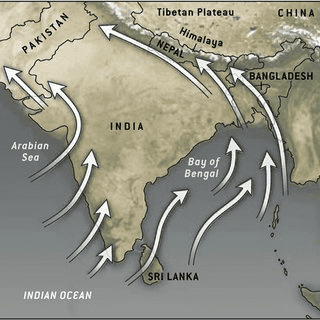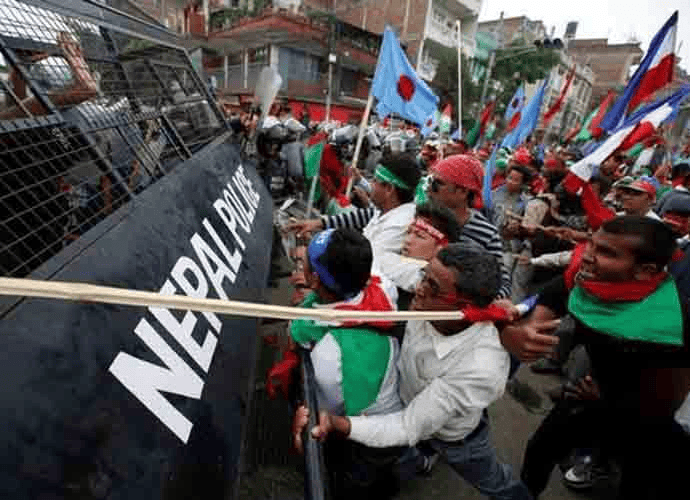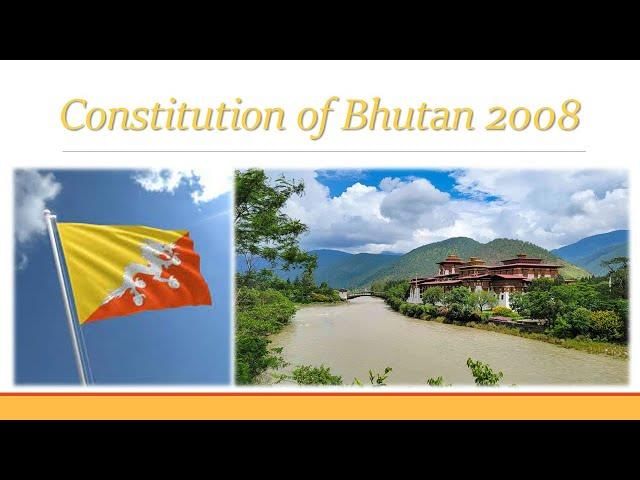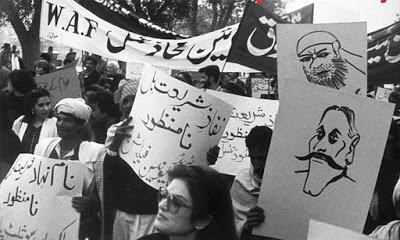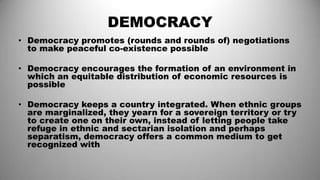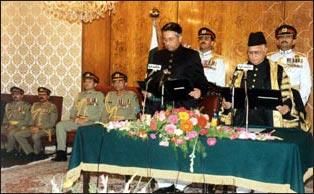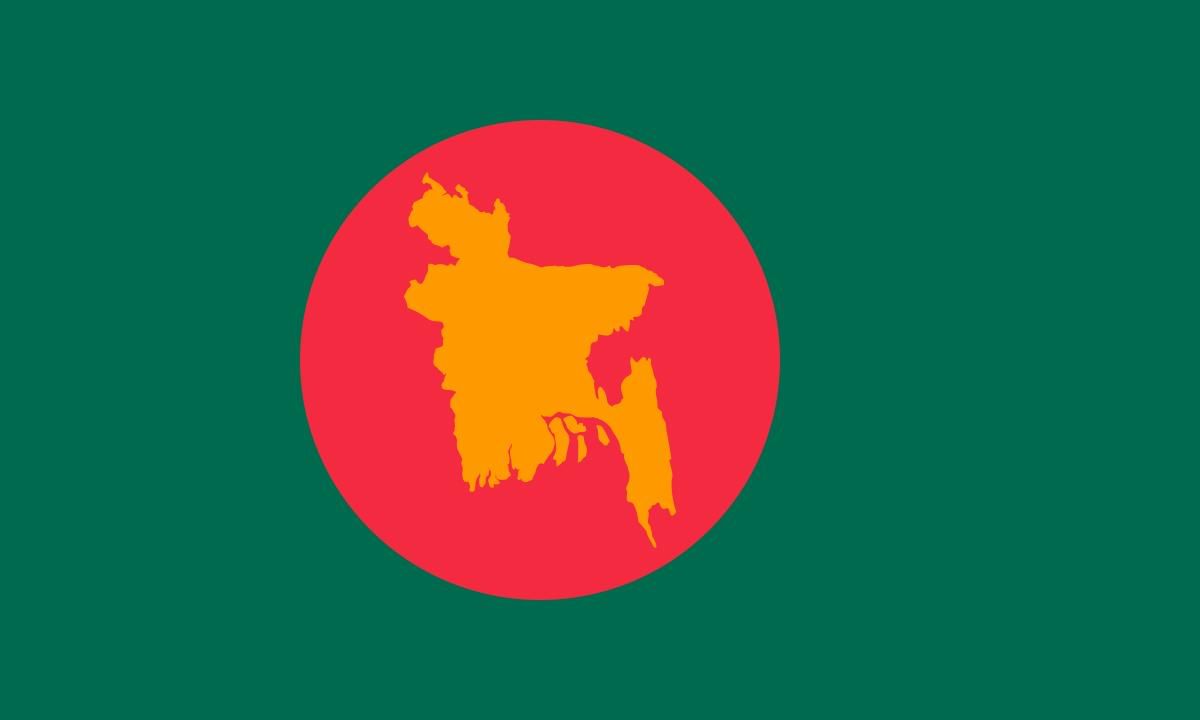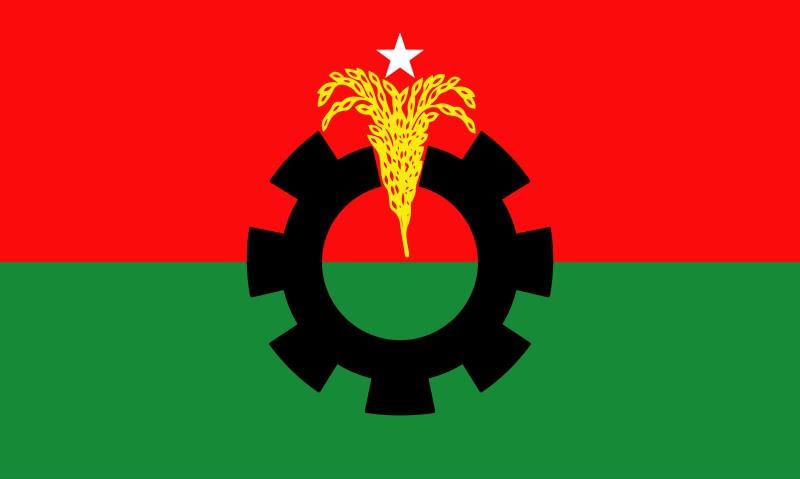|
Card: 2 / 50 |
India, Nepal, Pakistan, Maldives, Bhutan, Sri Lanka, Afghanistan, and Bangladesh. 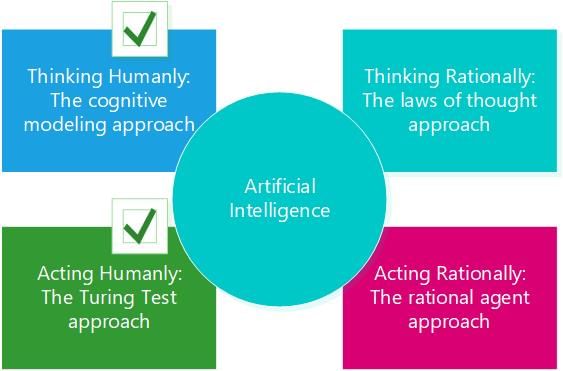 |
|
Card: 5 / 50 |
Fill in the blank: The region of South Asia is defined by natural barriers like the ___ and the ___. |
|
Card: 9 / 50 |
Riddle: I am a region surrounded by oceans and known for my diverse cultures, yet I face many conflicts. What am I? |
|
Card: 11 / 50 |
Short answer: How have the democratic experiences in South Asia challenged previous beliefs about democracy? |
|
Card: 12 / 50 |
They have shown that democracy can thrive in less prosperous countries, contrary to the belief that it only succeeds in affluent nations. 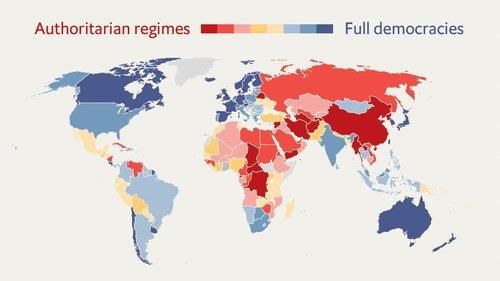 |
|
Card: 13 / 50 |
Multiple Choice: Which country in South Asia became a constitutional monarchy in 2008? A) Sri Lanka B) Bhutan C) Maldives D) Nepal |
|
Card: 15 / 50 |
What common aspirations do people in South Asian countries share regarding governance? |
|
Card: 16 / 50 |
They share a strong aspiration for democracy and support representative democratic institutions. |
|
Card: 18 / 50 |
The Bangladesh crisis during General Yahya Khan's military rule, which resulted in Pakistan losing East Pakistan. 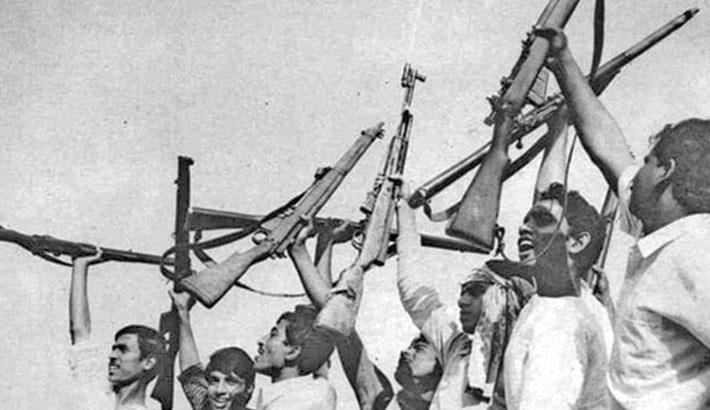 |
|
Card: 19 / 50 |
Fill in the blank: General Ziaul-Haq removed Zulfikar Ali Bhutto from power in ___ after his elected government from 1971 to 1977. |
|
Card: 21 / 50 |
True or False: Since 2008, Pakistan has been governed solely by military leaders. |
|
Card: 23 / 50 |
Riddle: I am a leader who faced a pro-democracy movement in 1982, but my rule ended in 1988 when elections were held. Who am I? |
|
Card: 26 / 50 |
The military's social dominance, influence of the clergy and landowning aristocracy, and conflicts with India. 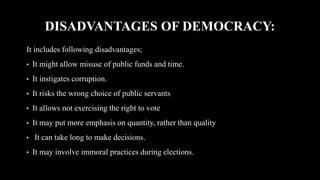 |
|
Card: 27 / 50 |
Fill in the blank: Pro-military groups in Pakistan argue that political parties and democracy are ___ due to the need for national security. |
|
Card: 29 / 50 |
Multiple Choice: Who was elected President of Pakistan in 2001 after removing Prime Minister Nawaz Sharif? A) Zulfikar Ali Bhutto B) Benazir Bhutto C) General Pervez Musharraf D) General Yahya Khan |
|
Card: 31 / 50 |
What role has the international community played in Pakistan's military dominance? |
|
Card: 32 / 50 |
Lack of genuine international support for democracy; Western countries favored military rule due to concerns over terrorism and Pakistan’s nuclear arsenal. |
|
Card: 33 / 50 |
True or False: There is a strong anti-democracy sentiment among the Pakistani populace. |
|
Card: 35 / 50 |
Riddle: I am the political party led by Benazir Bhutto, which competed with the Muslim League for control of Pakistan's politics. What am I? |
|
Card: 38 / 50 |
The India-Pakistan War resulted in the surrender of Pakistani forces in East Pakistan and the creation of Bangladesh.  |
|
Card: 39 / 50 |
True or False: Sheikh Mujib-ur Rahman was able to establish a multi-party political system immediately after independence. |
|
Card: 40 / 50 |
False. He amended the constitution to a presidential system and abolished all political parties except the Awami League. |
|
Card: 41 / 50 |
Fill in the blank: The people of Bangladesh protested against the dominance of ___ and the imposition of the ___ language. |
|
Card: 43 / 50 |
Riddle: I was once part of Pakistan, but after a struggle and a war, I became my own nation. What am I? |
|
Card: 46 / 50 |
India supported East Pakistan during the military actions that led to a refugee crisis and ultimately intervened in the India-Pakistan War, which resulted in Bangladesh's independence. 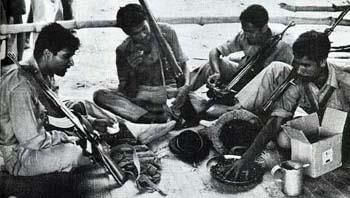 |
|
Card: 48 / 50 |
A) Ziaur Rahman B) Lt Gen H. M. Ershad C) Sheikh Mujib-ur Rahman D) General Yahya Khan |
|
Card: 49 / 50 |
After Sheikh Mujib's assassination, which political party was established by Ziaur Rahman? |





